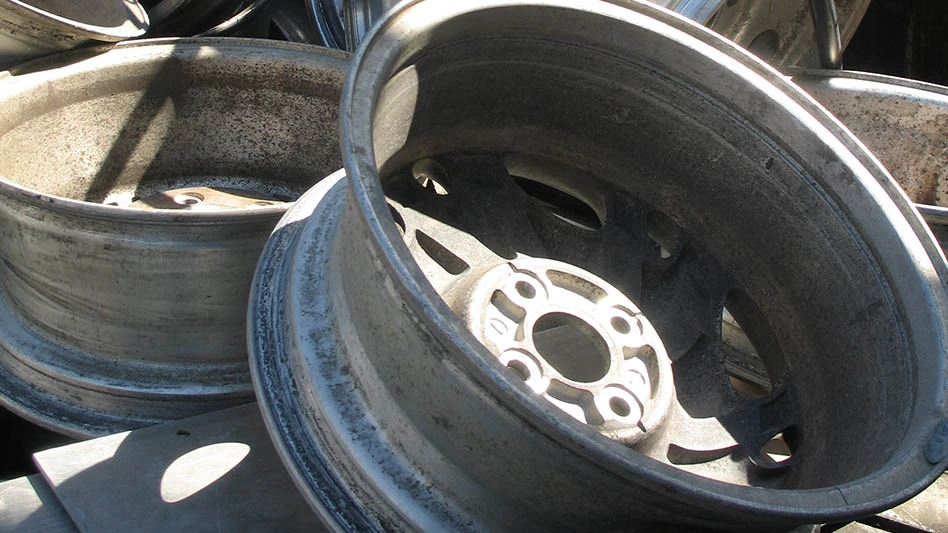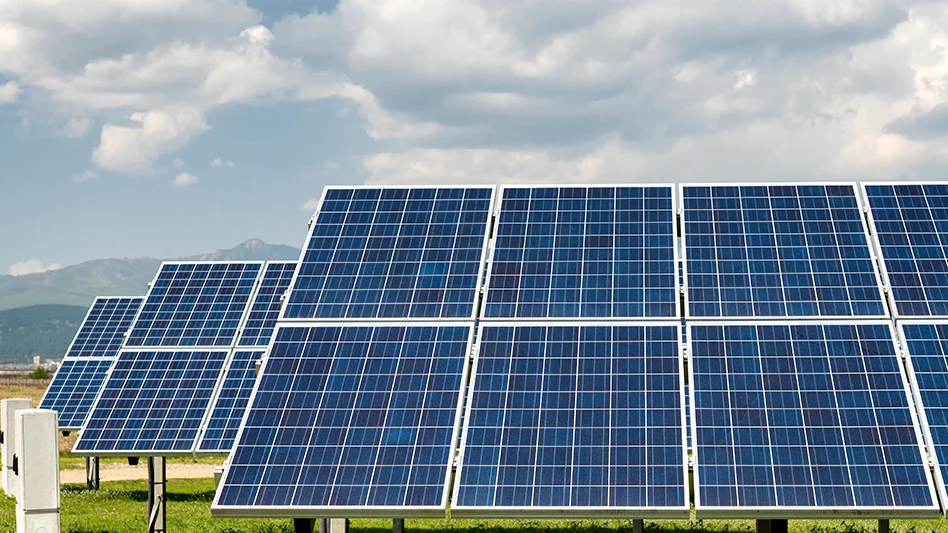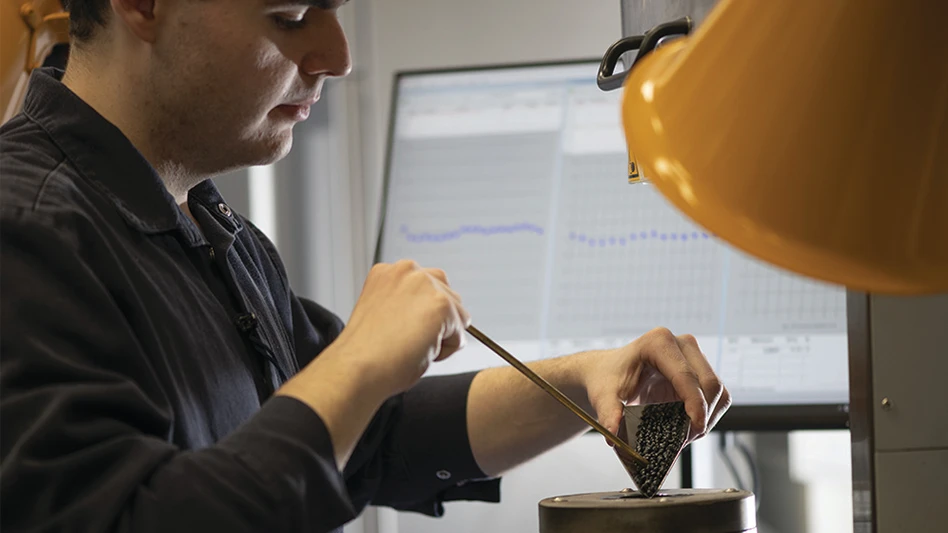
Dreamstime
The Institute of Scrap Recycling Industries (ISRI), Washington, has alerted its members that Indonesia has revised its Recovered Import Paper Standard.
ISRI says the Indonesian government has directed preshipment inspection companies to inspect materials for a 0.5 percent prohibitives tolerance, adding, “Although we have not yet seen the government's official policy, preshipment inspection companies are informing their customers of this requirement.”
The association says imported recovered paper provides about 50 percent of the raw material needs of Indonesia's eight paper mills and more than 60 paper companies. However, the Indonesian government introduced tighter preshipment inspection requirements in June. While incoming shipments of recovered fiber had been inspected according to the former regime, they were said to be noncompliant upon arrival at the country’s ports in June, ISRI says. This situation led the country’s Ministry of Environment & Forests to ban mixed paper imports and to develop import requirements for other grades of recovered fiber.
Later in June, the Indonesian government announced that it planned to use ISRI specifications for recovered paper imports, which set a standard of 1 to 2 percent for prohibitives and 3 to 4 percent for outthrows.
“ISRI has been working closely with the government and inspection companies to enhance their understanding of the ISRI specifications, which has led to the government approving imports that meet the ISRI Specifications for outthrows,” the association states. “When ISRI visited Indonesia in early July, we were told the government was concerned about the ISRI specifications for prohibitives given the country's poor waste management infrastructure.”
The association says it is in contact with the country’s authorities “to encourage a final import policy that is based on the ISRI specifications, which are based on the market.”
ISRI says it is coordinating its efforts with those of The Recycling Association in the United Kingdom, which also sent letters to Indonesian officials detailing its concerns about the proposed import standards.
“Our two associations are looking to jointly visit Indonesia in September to continue technical discussions with the government,” ISRI adds.
Latest from Recycling Today
- New recycling grant program launches in Massachusetts
- Tire Recycling Foundation names executive director
- Dock 7 named 2025 Exporter of the Year at New Jersey International Trade Awards
- Waste Connections reports ‘better than expected’ Q1 results
- Commentary: How EPR is transforming the packaging industry
- Acerinox names new North American Stainless CEO
- Greenwave closes 2024 books with red ink
- Steel Dynamics nets $217M on record shipments





